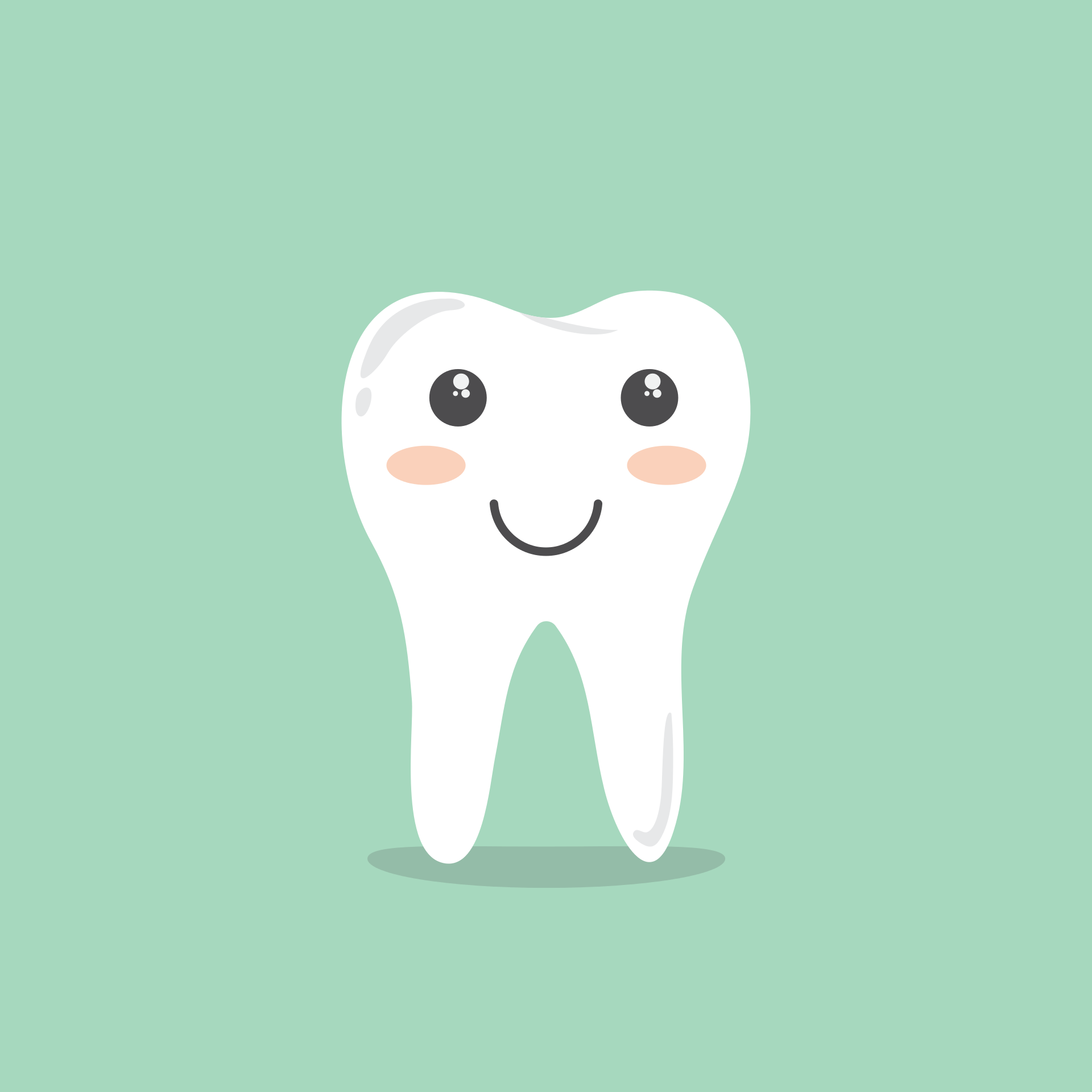
Studies and surveys suggest that more than half of the population is having a certain kind of tooth sensitivity. This insanely huge data makes it clear why there needs to be a serious discussion about the problem of tooth sensitivity. Let’s first know what tooth sensitivity before understands its causes. Basically, tooth sensitivity is a phenomenon that occurs due to exposed nerve endings which make teeth sensitive to cold, hot, sour, acidic and even sweet environment. The exposed nerve endings are more sensitive than the rest of the tooth area and this is why a shock like sensation is felt whenever you eat something you’re sensitive to. Having sensitive teeth makes it very difficult to properly enjoy your favorite food because there is an unbearable pain every time you put it in your mouth. Let’s have a look at the various reasons that lead to tooth sensitivity:
- Hard brushing habit: You need to ask yourself if you are brushing your teeth too hard. If yes, you might give rise to a highly problematic situation by causing a significant amount of damage to your enamel. Enamel is the white portion of the teeth that accounts for the strength of your shining teeth. Due to hard brushing action, your enamel can go away and the exposed nerve endings can cause your teeth to become sensitive. The main thing to keep in mind to avoid this problem is the choice of the toothbrush. A brush having soft bristles can be a highly useful article to protect your enamel from getting worn away.
- Consuming acidic foods and drinks: Acidic foods and drinks take a toll on your enamel by damaging it. It’s suggested to avoid cold drinks, soda, candies etc. as much as possible because, with time, these foods can lead to tooth sensitivity. However, if you have to consume something acidic, make sure to not to brush immediately after that as toothpaste has a base in it which can cause a problem after reacting with the acid you consumed.

- Grinding of teeth: Grinding is another major cause of tooth sensitivity as it causes wear and tear to the enamel. You need to fix the habit of grinding before it gets too late. Dentists suggest a splint or a mouth guard that works perfectly for stopping the grinding action of teeth, thus preventing tooth sensitivity.
- Often bleaching: Bleaching of teeth is done to provide them a shiny white look. Although the sensitivity caused by bleaching is temporary, you need to make sure to consult your dentist regarding its effects. If you find the problem to be alarming, it is suggested to take a break from bleaching for some time.
- Gum diseases: Gum diseases like plaque result in the sensitivity of teeth by exposing the nerve endings. Smoking is one of the main reasons for gum diseases and can lead to other oral dysfunctions as well. If you’re still trapped in this bad habit, it’s time to quit it before it causes a significant damage to your body, particularly your mouth.
- Cracked tooth: When a tooth gets cracked, the crack can reach your root and lead to tooth sensitivity. Whenever you’ll have something cold in your mouth, you’ll feel pain in that particular tooth. Depending on the depth of crack, dentists have several ways to deal with them and make your tooth free from sensitivity.
Conclusion: After seeing all the above points, now you’d have a clear idea of the reasons behind your sensitive teeth. Don’t ignore your tooth sensitivity and visit a dentist otherwise you’ll always have to be phobic to hot or cold food items which clearly doesn’t seem to be fun, does it?
Sam
Recent Posts
- Castor Oil For Better Hair Growth: Is It Myth Or Fact?
- Exploring the Differences Between Sermorelin, Ipamorelin, Ibutamoren, GHRP2, and GHRP6: Understanding Their Role in Human Growth Hormone Regulation
- Unraveling the Mystery: Understanding the Causes and Prognosis of Ventricular Tachycardia Without Apparent Heart Disease
- Understanding Grandparents’ Rights in Oklahoma: Navigating Visitation and Legal Protections
- 10 Reasons to Consider Hypnotherapy for Your Health

